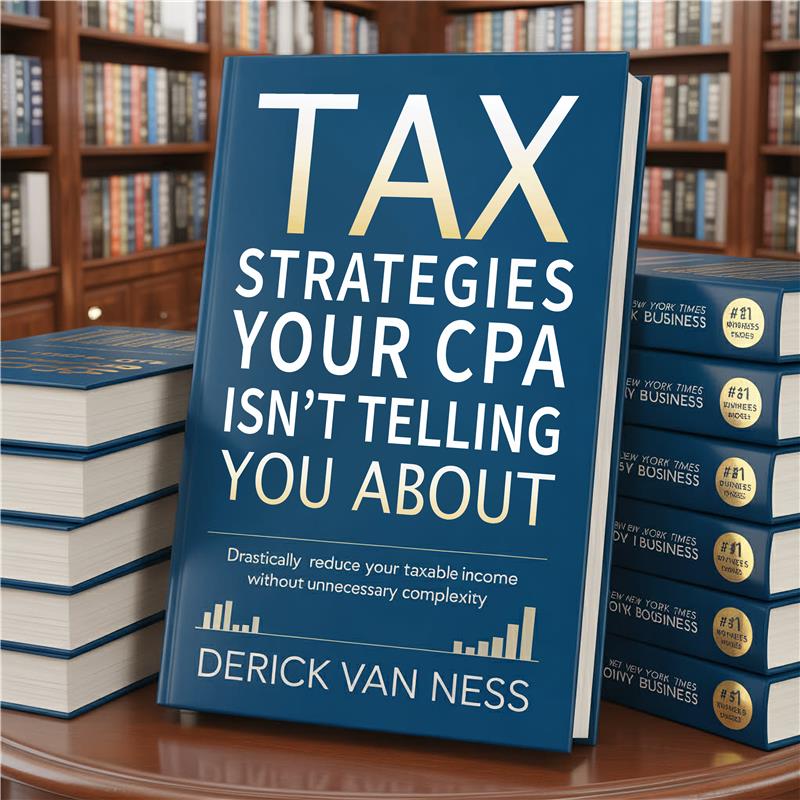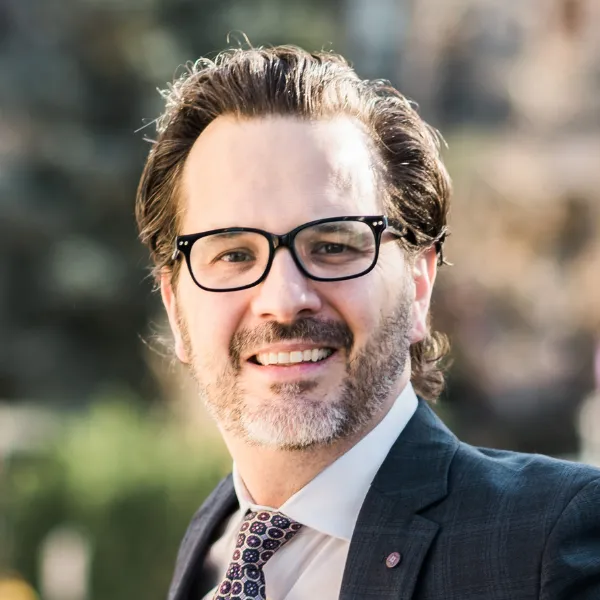You've Made Money.
It's Time To Build Wealth.
Your Income Doubled.
Your Wealth Didn't.
Too often we see high income earners only getting middle-class outcomes. You deserve better. We coordinate tax, investment, and exit strategies into one family office tailored for business owners earning $300K+.

Making a Good Income Isn't the Same as Building Wealth
The Reality
It feels like you're crushing it.
Revenue up.
Team growing.
Clients happy.
Then you check your net worth.
The number doesn't match the effort.
Your business makes money, but you don't keep enough.
You own a successful business, but it owns your time.

There's a Financial Gap. A Big One.
We specialize in closing the divide between business success and personal financial independence.
The Problem:
Your Advisors Don't Talk to Each Other.
Your CPA files taxes.
Your advisor invests money.
Your insurance agent sells policies but...
Nobody Connects the Dots.
You're Waiting.
Every Quarter Costs You
For the bigger exit.
For the perfect moment.
For when you're "really wealthy."
Meanwhile, the window closes.
Every quarter without a plan costs you six figures.
Every year without coordination costs you millions.
A Better Way To Build Wealth
The Old Way
Siloed advisors working independently
Reactive tax planning in December
Investment strategy disconnected from business
Insurance sold, not coordinated
The Big Life Way
One team, coordinated strategy
Quarterly tax planning and modeling
Wealth systems built around your business
Legacy planning that evolves with you
Your Advisors Don't Talk to Each Other.
One team. One plan. One outcome.
How We Work
Four Core Services. One Coordinated Strategy.
Four Core Services. One Coordinated Strategy.
Tax Strategy
File Less. Keep More.
Most CPAs react. We architect. Quarterly planning that turns tax savings into wealth acceleration.
Wealth Coaching
Financial Operating System
Making money is easy. Building wealth isn't. We install the coordination layer you're missing.
R&D Tax Credits
Capital You Earned
Six and seven-figure credits most accountants never mention. Free feasibility review.
Scale to Exit
Build an Asset
You built a business. We help you build an asset. Transferable. Valuable. Optionable.
Who This Is For
You Don't Need More Tips.
You Need True Wealth Architecture.
You're doing $1-15M in revenue
You're profitable, but no generational wealth
You pay six figures in taxes
Your business can't run without you
You want an eight figure exit. Maybe nine.
You're done with fragmented advisors
If this Describes You, We Should Talk.
Tax Strategies
Tax Strategies Your CPA Isn't Telling You About
Groundbreaking book reveals how business owners and high-income earners can systematically reduce taxes.
Becoming truly wealthy isn't just about making good money—it's about strategically keeping it. Learn how to use the tax code in your favor to build predictable wealth and freedom.

Built for Business Owners
Not W-2 Employees
Five partners. Deep bench. One focus: Turn income into generational wealth.

Derick Van Ness
Founder

Rob Williams
Partner | M&A

Justin Martin
Partner | Investing

Brecken Bunnell
Partner | Tax

Justin D. Maxwell
Partner | Wealth
Stop Making Money.
Start Building Wealth.
Your advisors are working in silos. Your tax bill is negotiable.
Your business needs to work without you. This is fixable. Let's fix it.
Let's talk about your wealth strategy
Schedule a 20-minute strategy call. No pitch. Just clarity on whether we're the right fit.
BIGLIFEFINANCIAL
Building family offices for business owners who refuse to settle for middle-class outcomes.
© 2026 Big Life Financial. All rights reserved.
